(AI)
Fighting for justice and transparency in the age of AI
As tech, data and AI increasingly permeate our lives—transforming the way we live, work, and communicate—it is time to build trust, safety and oversight of AI.
While innovations in any other commercial fields, from healthcare to cars, planes or food, undergo rigorous checks, AI systems often reach the public with minimal scrutiny. Investigating these systems is necessary for democracy, sustainability and accountability.
The Eticas Foundation investigates the real-world impact of artificial intelligence systems, building power and knowledge with communities to examine, engage, challenge, and reinvent the tech that is transforming everyday life.
We Investigate
We investigate real-world AI uses in partnership with communities, conducting qualitative and quantitative audits to produce evidence that can inform consumer choice, challenge risk and bias, support advocacy in the public interest, and create guidelines for accountable AI.
We Measure
We develop technical and social impact standards for AI systems based in our rigorous audit and research findings, continually adding to a body of work that can be used to measure, score, improve, and drive public demand for responsible AI systems.
We Build
We build the field of public interest AI by convening and partnering with thought leaders, technologists, policymakers, organizers, and advocates to create concrete tools and strategies to shape a safe, healthy, and fair future with technology.
About Eticas
Gemma Galden Clavell founded Eticas in 2012 as one of the first R&D organizations globally to focus on tech responsibility from a socio-technical perspective, pioneering audit methods and advising policymakers. In 2023, Eticas added a non-profit venture working directly with communities and expanded to the US.
Since the day we started, we have been dedicated to protecting people and the environment by collaboratively building the socio-technical tools needed to ensure that AI works for everyone.


Our
partners:
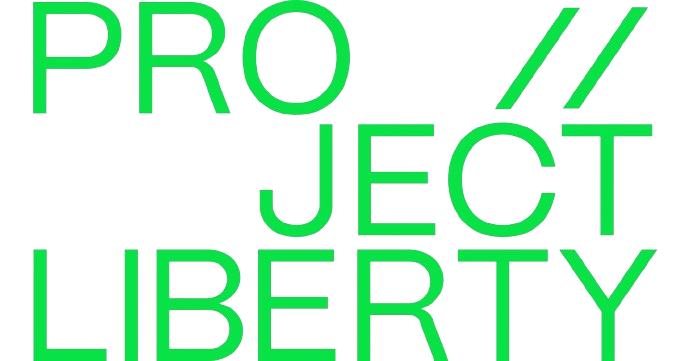

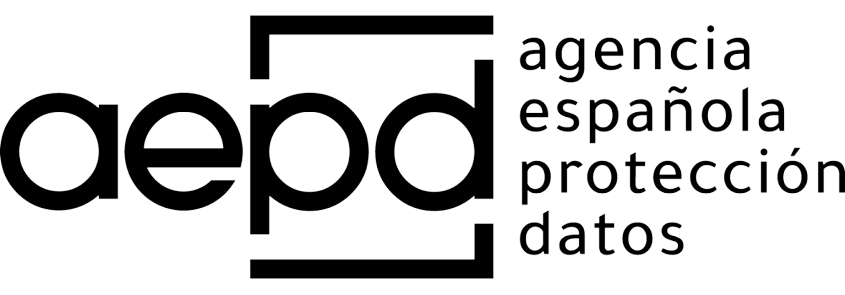
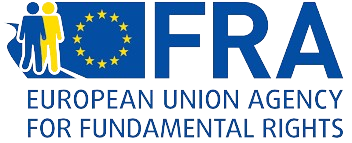
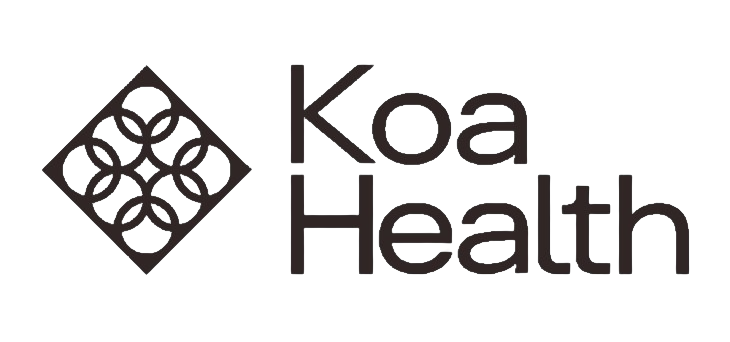
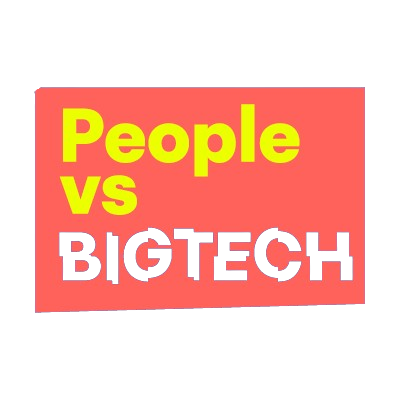

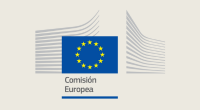
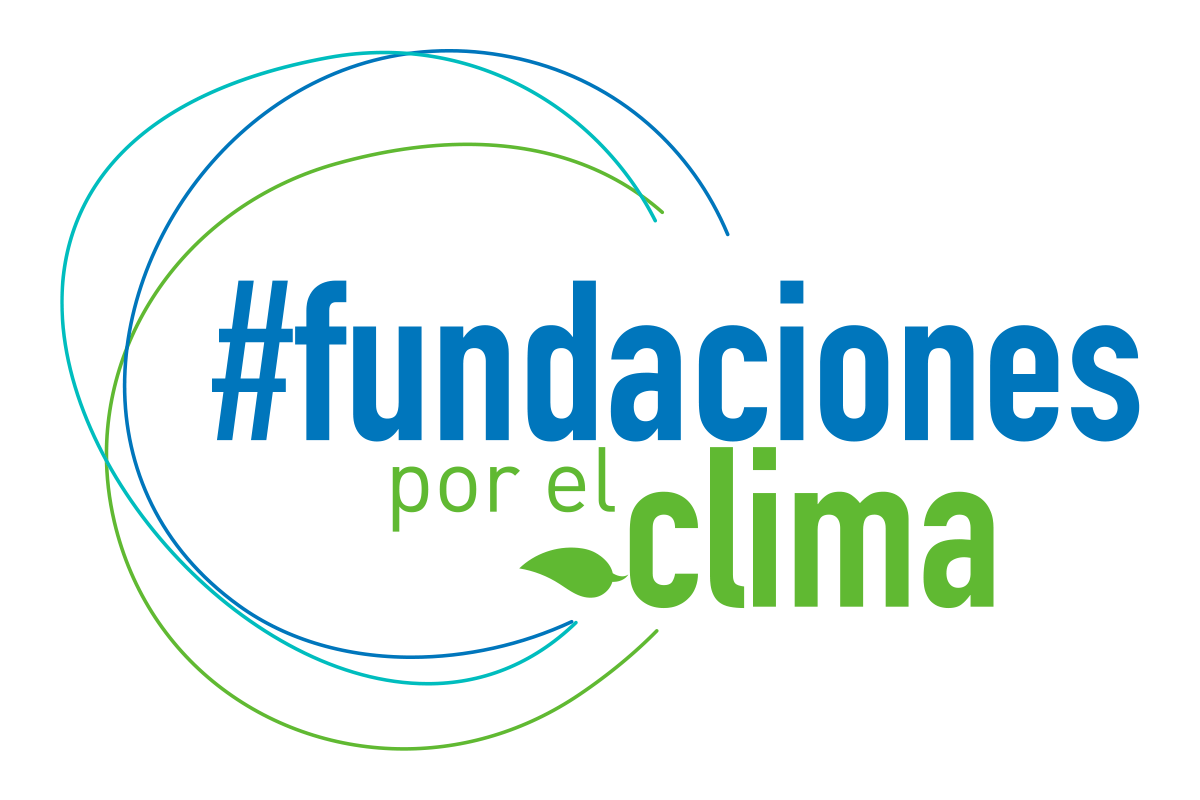

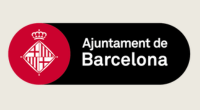

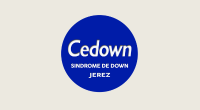
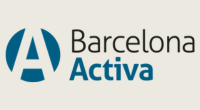
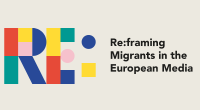
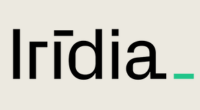
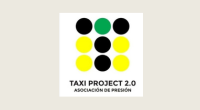


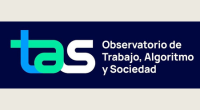
Our Team

Arancha Cienfuegos
Tech Lead, Data Systems

Alvaro Giorgio
Tech Lead, Data Systems

Nombre Apellido
Tech Lead, Data Systems

Nombre Apellido
Tech Lead, Data Systems

Nombre Apellido
Tech Lead, Data Systems

Nombre Apellido
Tech Lead, Data Systems

Arancha Cienfuegos
Tech Lead, Data Systems

Arancha Cienfuegos
Tech Lead, Data Systems
Looking for partners
and contributors!
Join us in our mission to build a world where AI
development is fair, auditable, and serves the
common good.
Donate Now*
Your support helps us fight AI bias, empower communities, and hold systems accountable. Together, we can build a fair and transparent future for all.
*Eticas is a 501(c)(3) nonprofit organization. Your donation is tax-deductible to the fullest extent allowed by law algo.